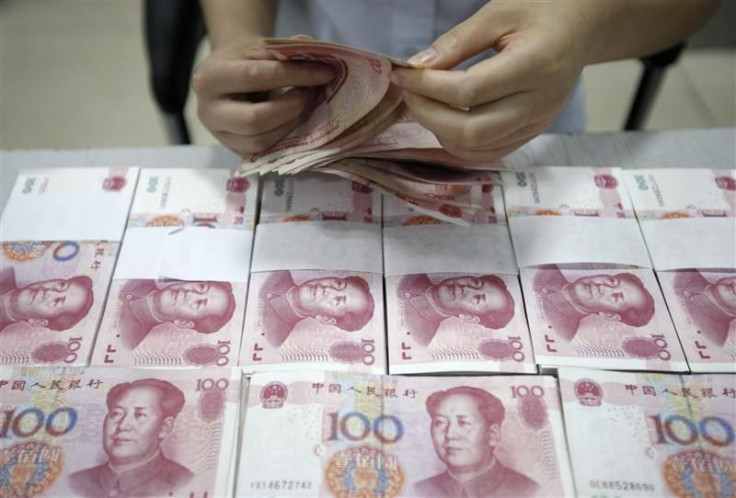China’s Economic Slowdown Calls For Urgent Stimulus Measures

With China’s economy continuing to slowdown in 2012 market participants feel it is imperative that stimulus measures be implemented to regain the growth momentum.
In the second quarter of 2012, China's gross domestic product grew at 7.6 percent compared to the same period last year. China's GDP growth was 8.1 percent in the first quarter.
China had set its target at 7.5 percent for 2012. In 2011 and 2010, the economy grew by 9.2 percent and 10.4 percent respectively.
Investors are concerned that growth in the world’s second-largest economy, which continued to be sluggish for six continuous quarters, is being seriously affected by the deepening debt burden faced by the euro zone and the faltering U.S. economic condition. The International Monetary Fund (IMF) has warned that escalation of the euro zone debt problems could slash China's 2012 GDP growth in half.
The slowdown has its roots in declining export growth and, more importantly, weakness in the real estate investment. The volume of property sales has started to recover recently and prices are edging up too. But a significant rebound in prices seems unlikely since developers’ inventories of unsold property are high and still on the rise.
The government is sticking with the policies designed to prevent speculative real estate investment that triggered the initial slowdown. But in other aspects, the government has stepped up efforts to turn the economy around. Benchmark interest rates were cut in both June and July, and banks were permitted to lend at a larger discount to the benchmark rates.
Infrastructure project approvals have accelerated and the government has given a clear signal to state-owned firms and banks that it hopes to see investment growth pick-up. Also the People’s Bank has cut reserve requirements three times since November to ensure that banks have room to lend.
The recent surge in the global agricultural commodity prices will add to the downside risks to China’s economy, but it is unlikely to be a decisive factor. Overall, the inflationary pressures are weak and authorities will not be deflected from loosening policy further.
The People’s Bank has raised interest rates and reserve requirements in the past when food price inflation has surged, but only when the Chinese and global economies were strong, which is not the present case.
So if the Chinese authorities want to alleviate food price inflation, they are now more likely to do so via subsidies and stock releases rather than a tighter monetary policy.
© Copyright IBTimes 2024. All rights reserved.




















